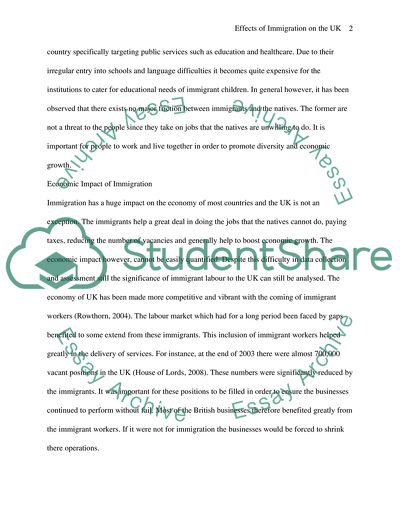Cite this document
(Social and Economic Effects of Immigration on The UK Research Paper - 1, n.d.)
Social and Economic Effects of Immigration on The UK Research Paper - 1. Retrieved from https://studentshare.org/politics/1737836-social-policy
Social and Economic Effects of Immigration on The UK Research Paper - 1. Retrieved from https://studentshare.org/politics/1737836-social-policy
(Social and Economic Effects of Immigration on The UK Research Paper - 1)
Social and Economic Effects of Immigration on The UK Research Paper - 1. https://studentshare.org/politics/1737836-social-policy.
Social and Economic Effects of Immigration on The UK Research Paper - 1. https://studentshare.org/politics/1737836-social-policy.
“Social and Economic Effects of Immigration on The UK Research Paper - 1”, n.d. https://studentshare.org/politics/1737836-social-policy.


